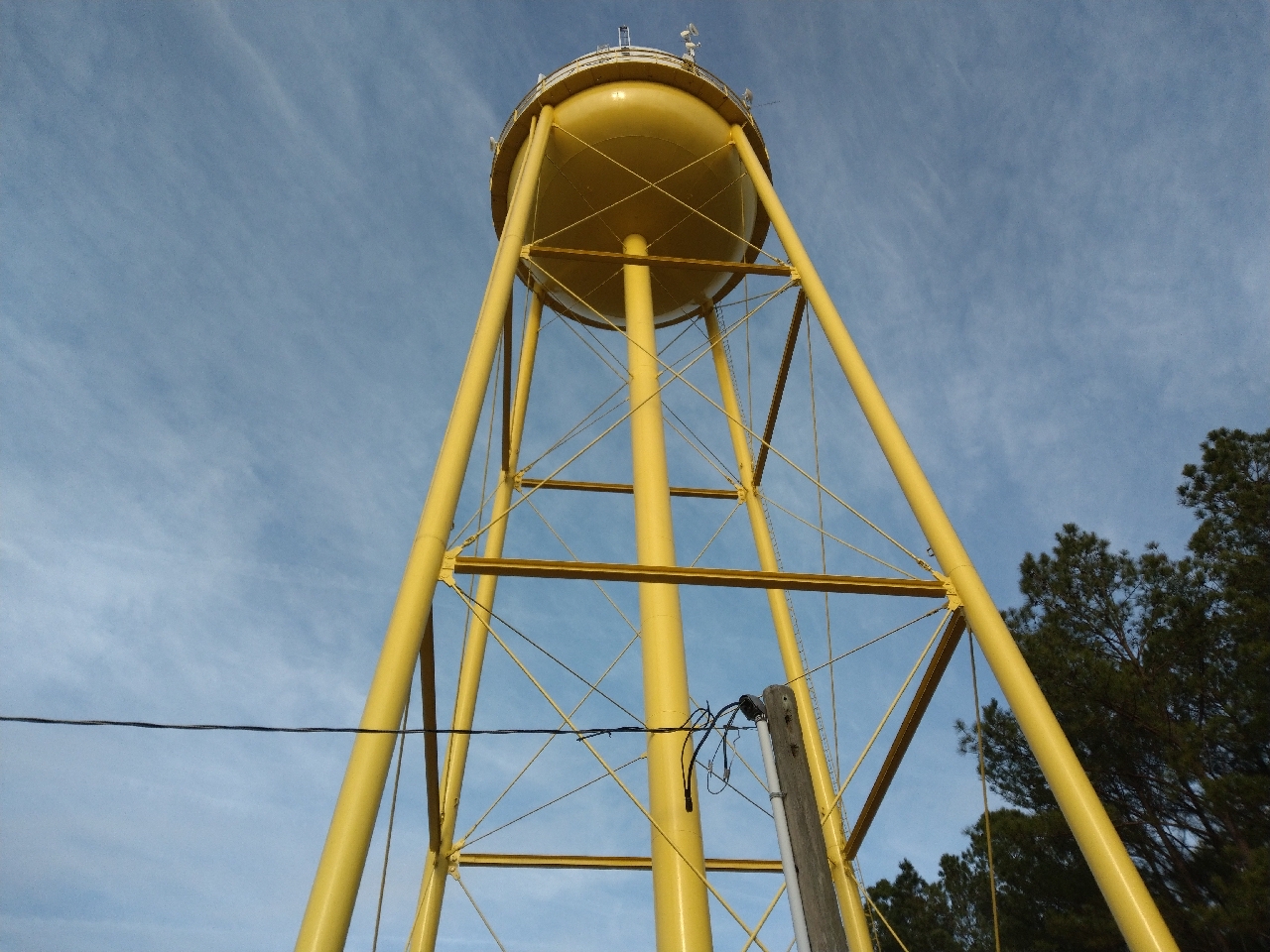Board Relationships: Navigating the Waters of Governance and Operations

In organizational governance, especially water management, the connection between boards and operational entities holds great significance. This relationship is crucial for achieving both long-term strategic objectives and day-to-day operational goals. To put it simply, trust, transparency, and open communication form the basis of this relationship. Boards are responsible for overseeing strategies, while operational entities, like water operators, are responsible for carrying out the daily activities that ensure efficient service delivery. Their aim is to align with the organization’s overall mission while fulfilling their fiduciary duties.
During meetings within smaller government organizations, it is incredibly important for water operators to fully engage. Their extensive knowledge and valuable perspectives greatly influence the decision-making process. By thoroughly assessing the existing infrastructure and mapping out future plans, these operators offer vital information to the board members, enabling them to make well-informed choices. This collaborative approach ensures that decisions are made with a comprehensive understanding of the technical, financial, and regulatory aspects involved. Furthermore, it effectively combines the board’s long-term strategic goals with the practical obstacles faced on a day-to-day basis.
Challenges often arise in these relationships due to a lack of technical knowledge or misunderstandings concerning regulatory compliance, sustainability practices, and emergency protocols. Operators can address these challenges by educating board members, which fosters informed decision-making, incorporating sustainable practices, and prioritizing long-term community benefits. Operators’ roles extend beyond the boardroom to community engagement and education, where they promote water conservation efforts and highlight the organization’s commitment to environmental stewardship.
Listed below are reasons why active participation of water operators is crucial. Operators bring specialized expertise and firsthand insights into water infrastructure management, thereby enriching decision-making processes. Their in-depth understanding of the existing infrastructure, coupled with their ability to forecast future needs and challenges, empowers them to provide invaluable input to the board. Through comprehensive assessments, they identify areas for improvement, recommend cost-effective solutions, and ensure regulatory compliance. This collaborative dynamic fosters a holistic decision-making environment where technical, financial, and regulatory considerations are carefully weighed. Ultimately, it aligns the organization’s long-term strategic objectives with the practical realities encountered daily, promoting sustainable and effective water management practices.
Water operators’ engagement in meetings with smaller government organizations extends beyond technical expertise. It also fosters community trust and involvement in water management decisions. Through active participation, operators enhance public awareness of water challenges and promote transparency in decision-making processes. This engagement aligns with broader initiatives like Water 2050, fostering meaningful conversations and collaboration among stakeholders. By leveraging digital tools for civic engagement, such as those provided by Granicus (a digital communication/connection platform), water operators can further enhance their outreach efforts and connect with a wider audience. Overall, the involvement of water operators in meetings with smaller government organizations not only improves decision-making but also strengthens community relationships and advances long-term water management goals.
In conclusion, the connection between governing boards and water operators holds great importance in the effective functioning and management of water organizations. It is essential to have a strong partnership, a clear understanding of responsibilities, and a shared dedication to achieving the organization’s objectives. This alliance enables us to tackle sustainability, efficiency, and community well-being challenges directly. As the water sector progresses, nurturing these relationships becomes vital for ensuring future success. Such collaborations guarantee that strategic decisions are well-informed, forward-looking, and firmly grounded in the principles of sustainability and conservation. This bond’s significance cannot be overstated in the governance and operational achievements of water management organizations.
This article was funded under RCAP’s USDA Technitrain 23-24 grant.